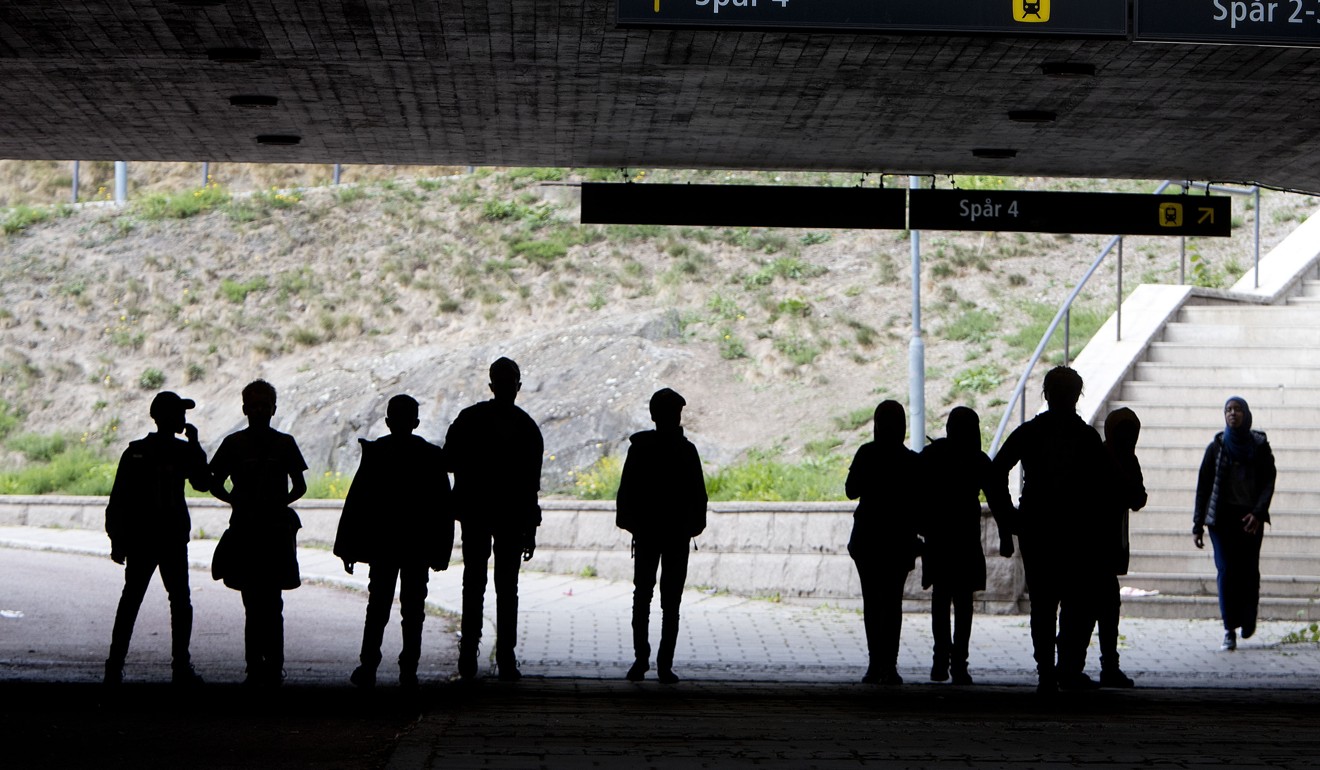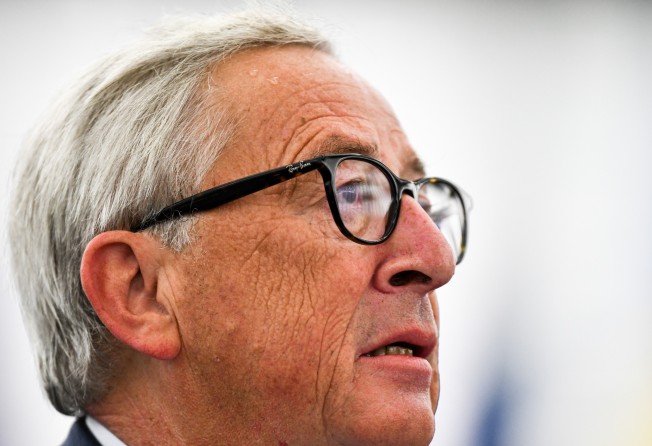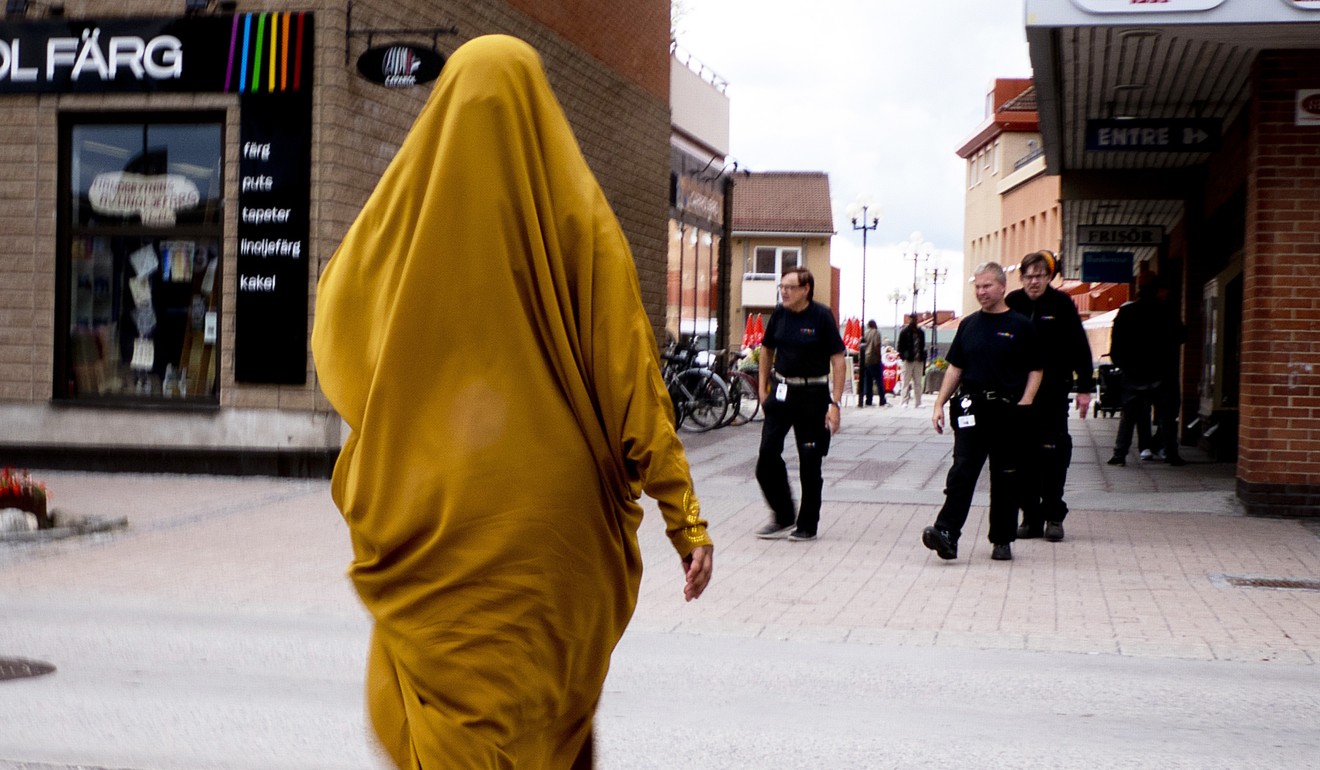
Juncker unveils plan for stronger EU borders amid rising nationalism
Proposals come as EU nations argue over who takes responsibility for people rescued in the Mediterranean, with arrivals fuelling nationalist sentiment

European Commission President Jean-Claude Juncker on Wednesday unveiled new plans to beef up the European Union’s coastguard and asylum agency to better police Europe’s outside borders and speed up the deportation of unauthorised migrants.
The proposals come as EU nations bicker over who should take responsibility for people rescued in the Mediterranean Sea, even as the number of crossings has declined sharply this year.
The EU’s inability to agree on how best to manage the arrivals has fuelled nationalist sentiment. The far-right Sweden Democrats on Sunday became the latest to make gains at the ballot boxes.
“External borders must be protected more effectively,” Juncker told EU lawmakers in Strasbourg, France, in a self-styled “state of the European Union” address.

He said the EU’s executive Commission is proposing a standing corps for the border and coastguard agency numbering 10,000 staff, including guards and migration experts, to be up and running by 2020.
With every new ship we can’t be talking about ad-hoc solutions for the people on board
Juncker said the corps should be funded by some €2.2 billion euros (US$2.5 billion) in EU money from the bloc’s next long-term budget. But EU nations still have to endorse his plans.
The border and coastguard staff would be able to check ID papers and stamp travel documents, detain people who are crossing the border without authorisation, and help ensure those not eligible are deported.
Many nations have expressed concern about having their borders policed by staff from other countries, even if they are European partners.
In recent months, Italy’s new anti-migrant government has refused to allow some ships carrying rescued people to enter its waters, routinely leaving the boats stranded at sea for days while a short-term solution is found.
“With every new ship we can’t be talking about ad-hoc solutions for the people on board,” Juncker said. “We need a lot more. We need more solidarity, and solidarity must be lasting and organised.”
EU leaders meet in Salzburg, Austria, next week to thrash out better ways to manage the arrivals, many reaching Italy from lawless Libya.

Juncker’s proposals also include a plan to help countries deport people who do not qualify for asylum. Just over one in three people denied international protection are actually sent home.
The border and asylum agencies would help identify those to be returned, obtain travel documents – often a time-consuming business – and prepare the paperwork so countries can send them back.
Migrant support groups worry this move will only encourage more detention, and for longer periods.
“There is no evidence that more detention will lead to less migrants arriving but plenty of evidence that it causes immense harm and suffering,” said Michele LeVoy, from the Platform for International Cooperation on Undocumented Migrants.
In an effort to cut migrant flows off at source the commission and member countries want to create “disembarkation platforms” in northern Africa to offload people rescued at sea. No African country has been consulted or yet expressed interest in taking part.
Still, with Africa’s population forecast to double by 2050, Juncker said it is time to create an “alliance for sustainable investment and jobs” focusing on youth and which he believes would create up to 10 million jobs in Africa over the next five years.
“Africa does not need charity, it needs true and fair partnerships. And Europe needs this partnership just as much,” he said.